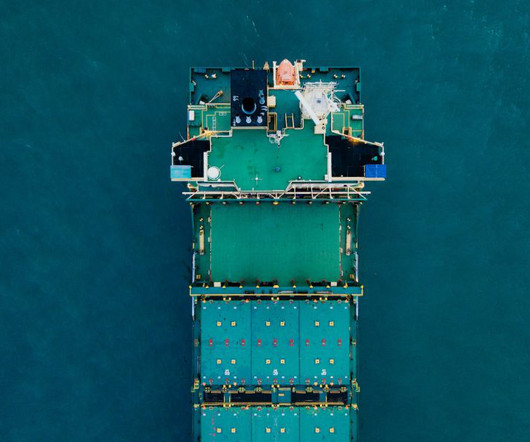Is the IMO Turning the Tide on Transition?
Chris Hall
AUGUST 23, 2023
With global trade highly dependent on shipping, achieving net zero may put wind in the sails of other industries’ climate ambitions. For the first time, the IMO has also agreed on an overarching objective to achieve net zero greenhouse gas (GHG) emissions by or around 2050.











Let's personalize your content